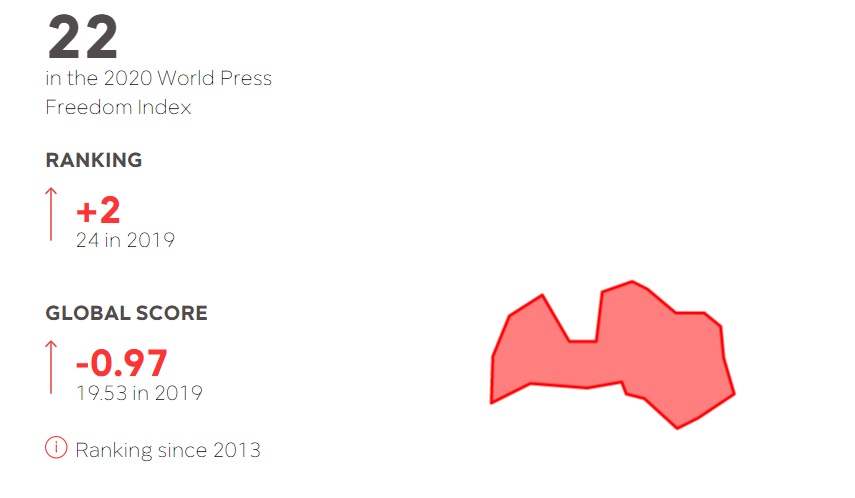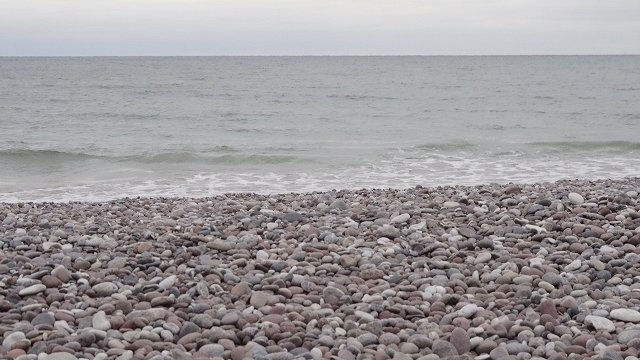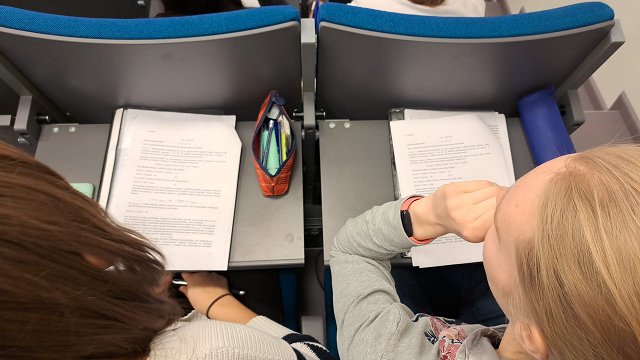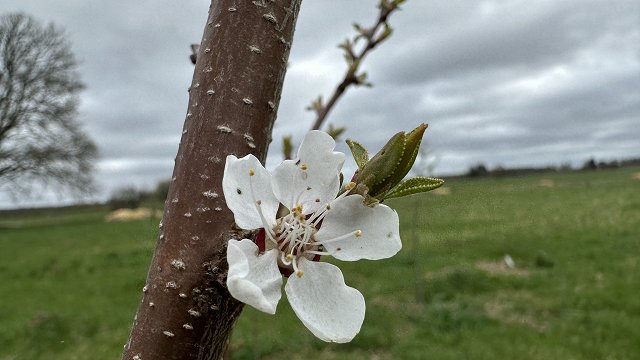However the improvement did not come without criticism, with the summary for Latvia saying: "Latvia’s authorities often fail to appoint competent members of the media regulator National Electronic Mass Media Council and public broadcaster is extremely underfunded. These are the two main obstacles to improvement."
Nevertheless, Latvia comfortably rates above countries including France (34th place), the United Kingdom (35), the United States (45) and Poland (62).
Of the Baltic countries, Estonia ranked in 14th place and Lithuania in 28th.
In its regional analysis, RSF warns: "Even if some member countries lead the world in respect for media freedom, the European Union is getting more and more heterogeneous. Challenged by “illiberal democracies,” the “fight against terrorism” and the economic crisis, it has largely lost its leadership capacity."
Norway tops the Index for the fourth year in a row in 2020, while Finland is again the runner-up. Denmark (up 2 at 3rd) is next as both Sweden (down 1 at 4th) and the Netherlands (down 1 at 5th) have fallen as a result of increases in cyber-harassment. The other end of the Index has seen little change. North Korea (down 1 at 180th) has taken the last position from Turkmenistan, while Eritrea (178th) continues to be Africa’s worst-ranked country.
"This 2020 edition of the Index, which evaluates the situation for journalists each year in 180 countries and territories, suggests that the next ten years will be pivotal for press freedom because of converging crises affecting the future of journalism: a geopolitical crisis (due to the aggressiveness of authoritarian regimes); a technological crisis (due to a lack of democratic guarantees); a democratic crisis (due to polarisation and repressive policies); a crisis of trust (due to suspicion and even hatred of the media); and an economic crisis (impoverishing quality journalism)." RSF says.
The full report can be read online.


























